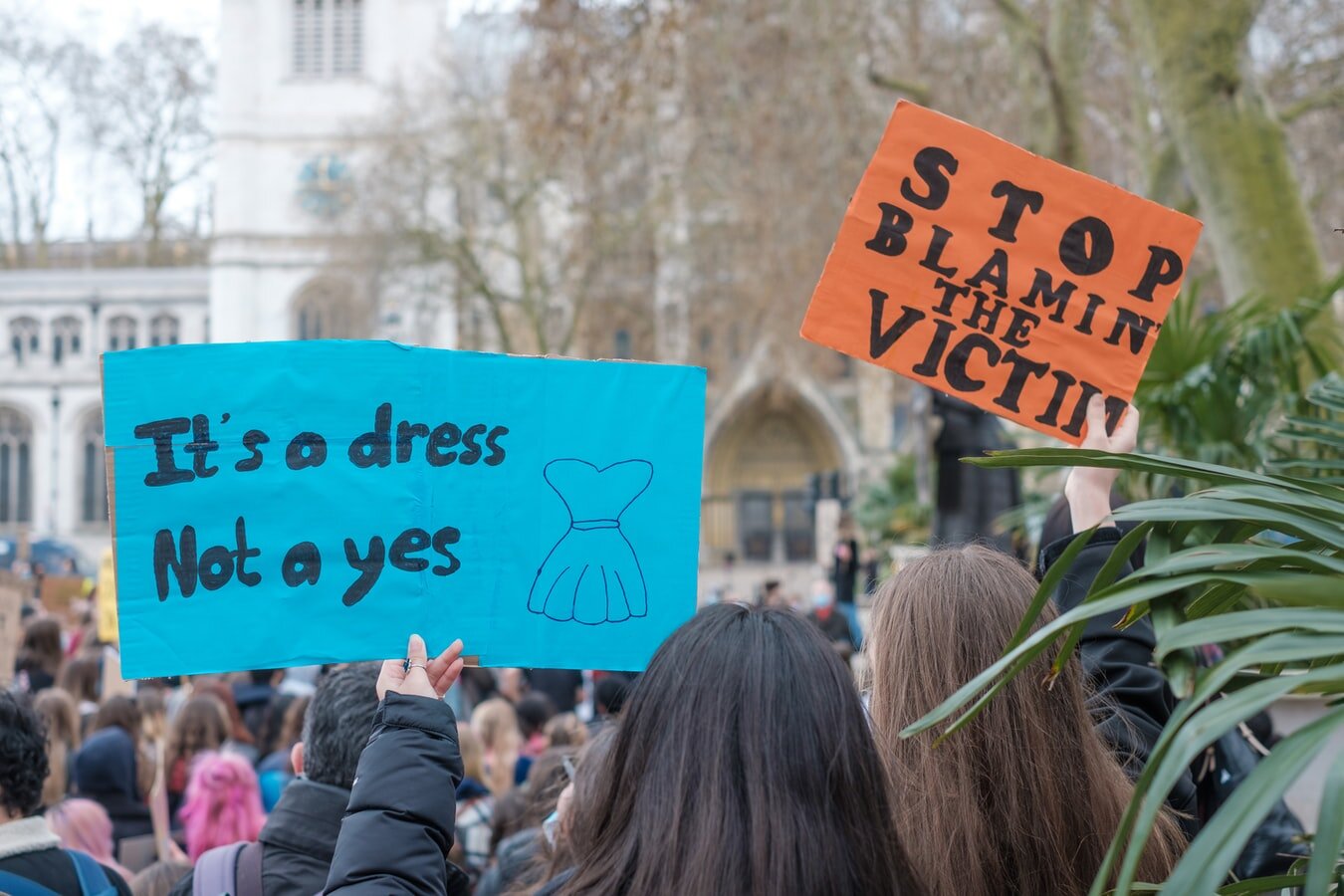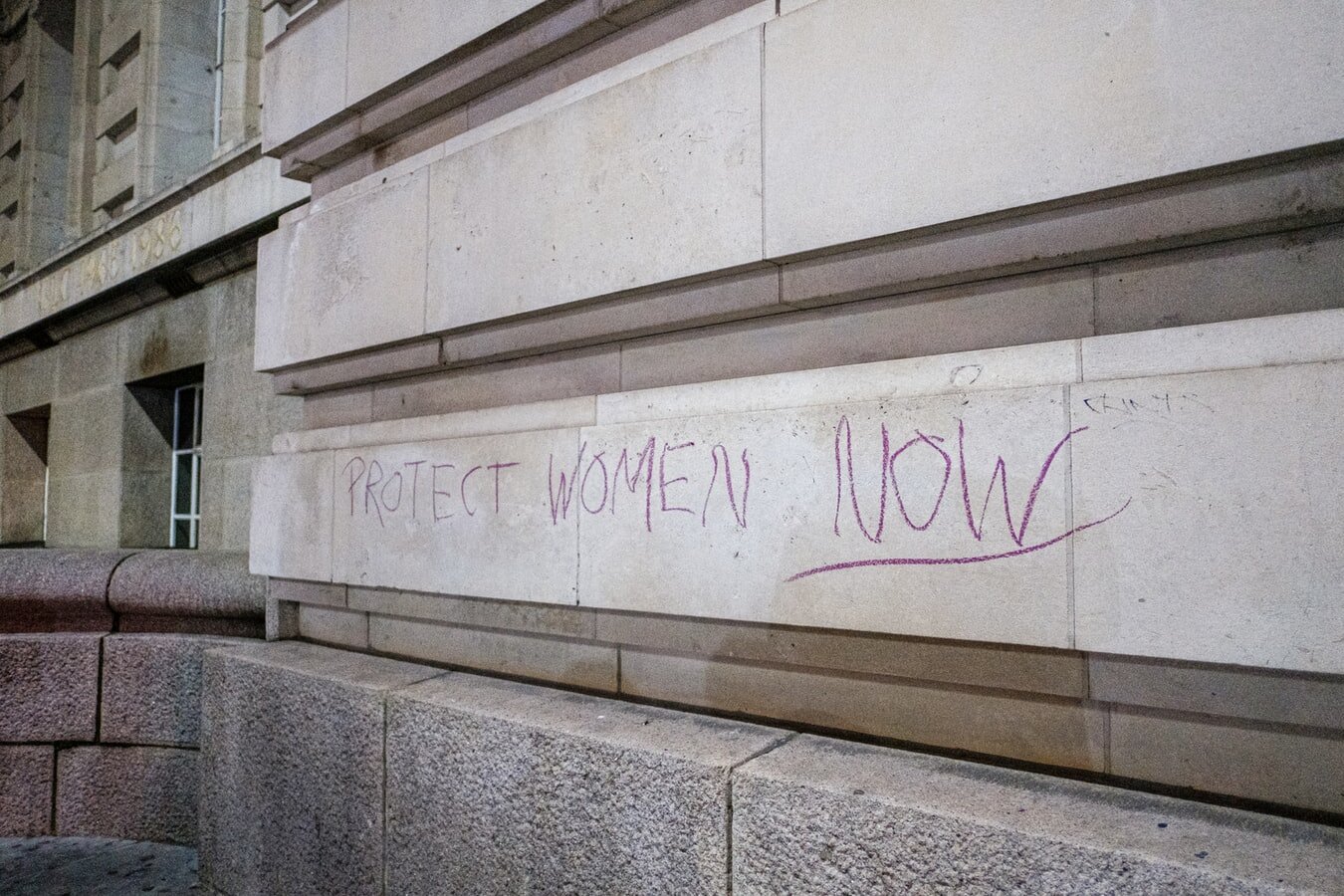Don't Distract Us From the Allegations
@theeastlondonphotographer
TW: Discussion about sexual misconduct and sexual assault.
I’ve watched comedian Chris D’Elia’s most recent statement about seven times. At first, I thought it was a decent apology—and then I remembered what the allegations were. After five sexual misconduct allegations were made in the summer of 2020, several of which involved underage girls, D’Elia went radio silent, returning eight months later with a video titled “It's been awhile.” By my third watch, I realized that this wasn’t an apology video at all. This was a story of D’Elia’s own self-reckoning, an appeal to the fans upset by his actions, but not an apology to the women that stepped forward.
D’Elia needed to speak directly to the whistleblowers. When discussing power structures it is not enough to say, “I would use the familiarity that I had with these women to have sex.” He acknowledged that there was a power dynamic at play, but what he really needed to say was: I am sorry for the impacts that my abuses of power had on you. When he addressed his flippant approach, we needed to hear him speak directly to these women and say: Sex is a two-way street and you did not deserve to be treated that way. Instead, D’Elia said, “It makes me feel shameful and it makes me feel bad.” Contrition is valuable, but all of D’Elia’s words relate back to himself and the video’s main point that “sex, it controlled [his] life.”
This is not the first time we’ve heard men shift the focus from women to themselves in the wake of misconduct allegations. Harvey Weinstein coined himself the “forgotten man.” Louis C.K. considers himself a “prisoner” of his own “sexual perversions.” Aziz Ansari “felt terrible.” What these examples all have in common is that they have nothing to do with the women who stepped forward and everything to do with how these men are victims too. #MeToo was designed as a space for women’s re-empowerment in the wake of sexual violence, but the jeremiads of powerful men have defeated the stories of survivors in controlling the narrative.
We need to be conscientious about how our approach to #MeToo affects the women choosing to step forward, especially when the allegations made are against those in positions of power. I hate to admit it, but I have not always made space for these women, even though I too am a survivor. I know the invalidation that comes with turning to the perpetrator’s perspective to discover the truth. My lived experiences have given me the ability to look at this from both sides, and still, I watched D’Elia’s most recent statement seven times. I read the statements from all of the women, and still, I submitted to D’Elia’s dominant male voice, thinking it was my path to the truth. Perhaps it’s because the common thread between the allegations is D’Elia. Perhaps it’s because one name is easier to remember than many.
No matter what the reason is, the only attribute of D’Elia’s statement that addressed the women that came forward is the brief note he made that all of his relationships have been “legal and consensual.” The legality of his relationships is questionable given the child pornography and exploitation lawsuit that was just filed against him, but the consent is equally dubious. Just look at what the women who stepped forward had to say.
A recurring theme across the allegations is that the women not only thought they could trust D’Elia, they also thought they could not say no. He was famous and wealthy, and these encounters took place at his residence. These women may have said yes, but it is important to realize that saying no was simply never an option. Power structures exist in every relationship, and in this case, D’Elia was in power. It does not matter who DMed who, because when D’Elia decided that he wanted sex, he wielded his status to get it. In the process, the women he pursued relationships with were left feeling uncomfortable and in some cases, traumatized.
Leah Knauer, one of the women that stepped forward, published a recent podcast episode where she reflected on the allegations from 2020 and D’Elia’s most recent statement.
“He’s a master manipulator,” Knauer said. As she reflects on her 2011 encounter with D’Elia, she remembers how he would joke that he was mad at her and use this anger to convince her to submit to his commands. This account echoes the statements from every other woman that stepped forward. These days, Knauer speaks her truth because “it feels like [she] was handed a burden [she] didn’t ask for.”
This is not a push to eliminate D’Elia’s voice. His decision to step away from the public eye and take a long, hard look at the choices he’s made is a commendable one. It took strength and vulnerability to face the allegations and admit that he had a problem. I will not discount that. I can and will continue to applaud D’Elia for investing this time in bettering himself. But his voice needs to take the back seat right now. Rather than controlling the discourse so that it focuses on his own restoration, D’Elia needs to consider how to successfully re-empower the women affected by his actions.
It is time for a refresher on the purpose of the #MeToo movement. It is not about a bullshit apology video addressed to fans in order to save face. It is about understanding how we can create a safe healing space for survivors of sexual violence. It takes immense courage to shed light on this type of truth, and these women did not deserve to go through what they have gone through. These women are not at fault. We must let survivors share their truth and ask for what they need. Safe spaces require compassion, and they must prioritize the narratives of the women who have been harmed, no matter how powerful a perpetrator is.
@theeastlondonphotographer
By Anita Mukherjee
Indie rock enthusiast and home chef who will always make time to watch a stand-up special
Cover image: @michelleding


